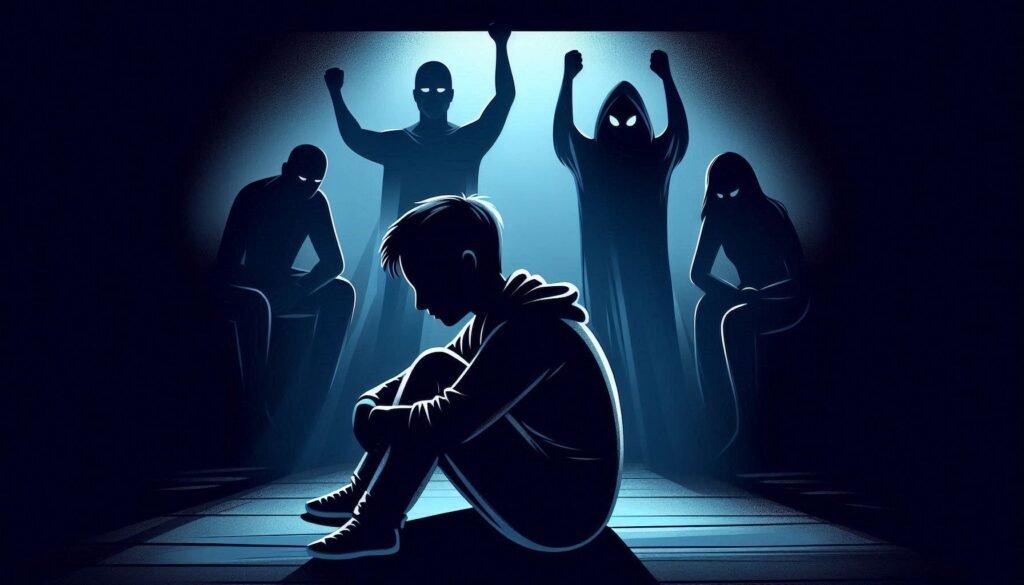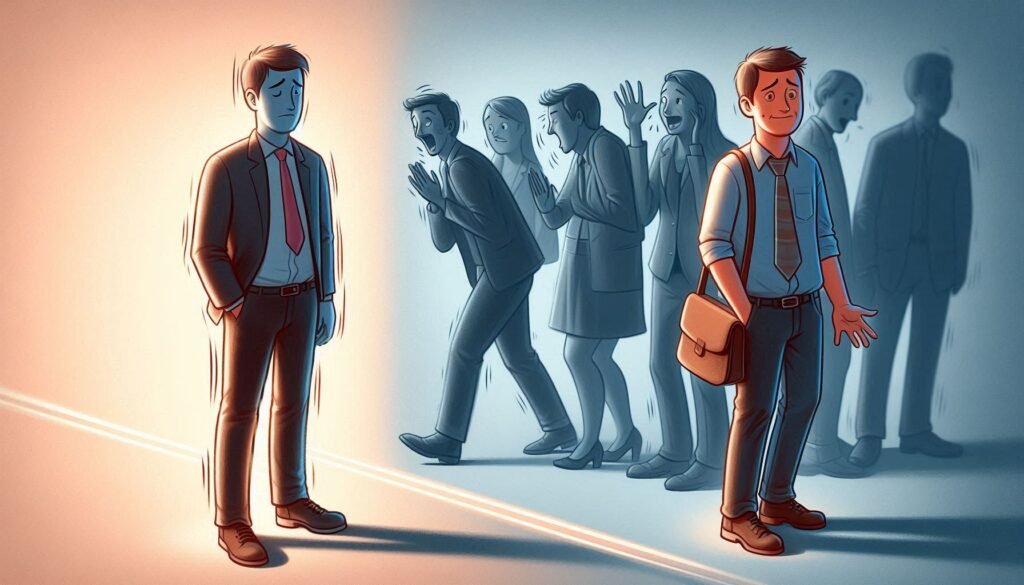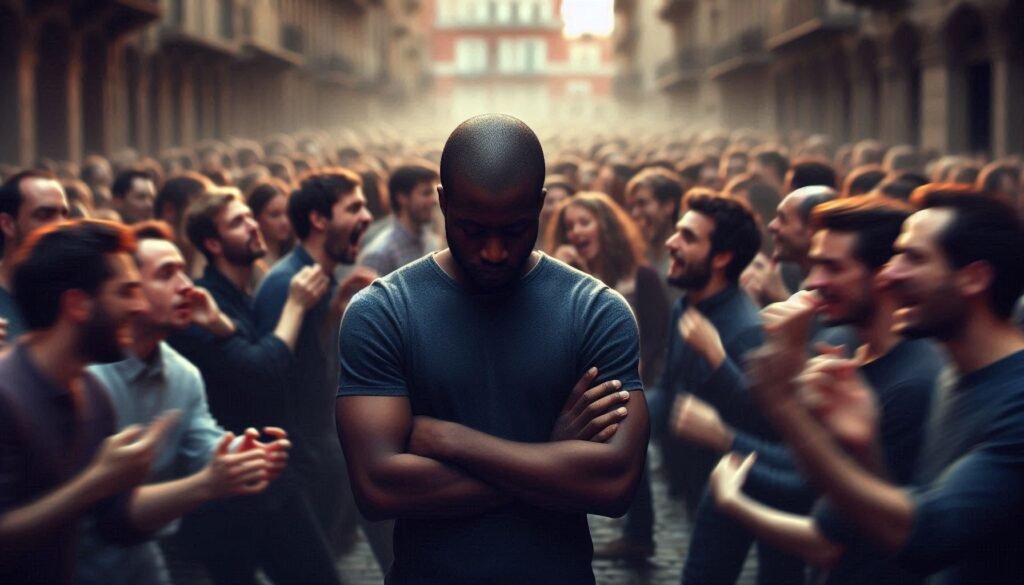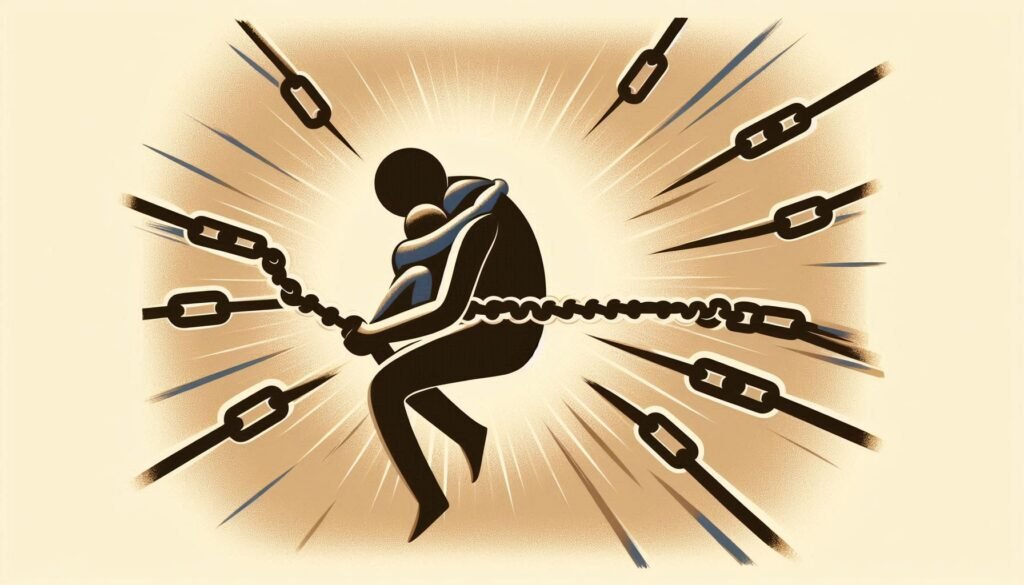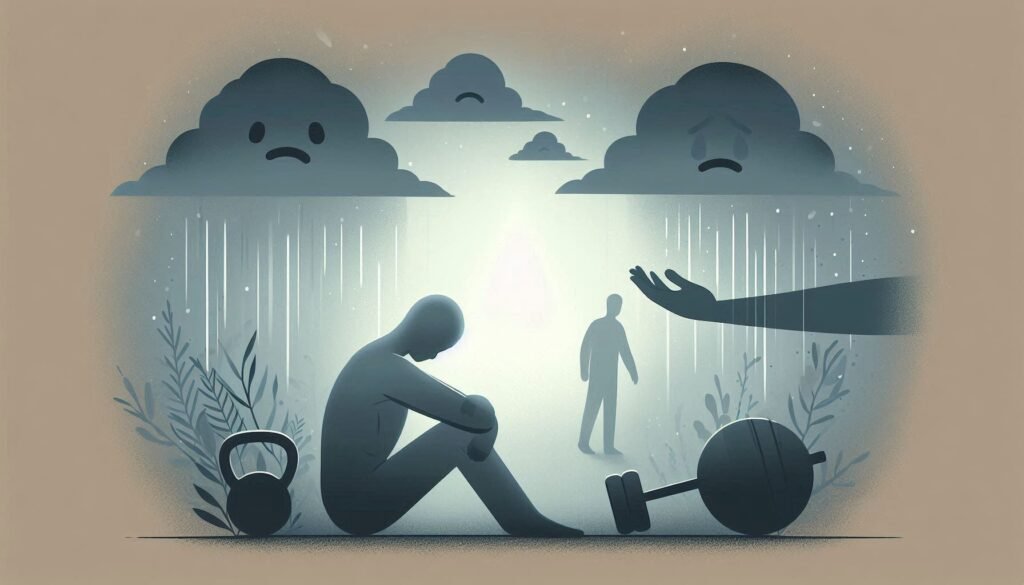Role of Childhood experiences in Avoidant Personality Disorder (AvPD) Development
Childhood shapes us in profound ways, often laying the foundation for our adult personalities. Among the various mental health issues that can stem from early experiences is Avoidant Personality Disorder (AVPD). This condition is characterized by intense feelings of inadequacy and a pervasive fear of social situations. But what drives these emotions? Understanding the role […]
Role of Childhood experiences in Avoidant Personality Disorder (AvPD) Development Read More »


